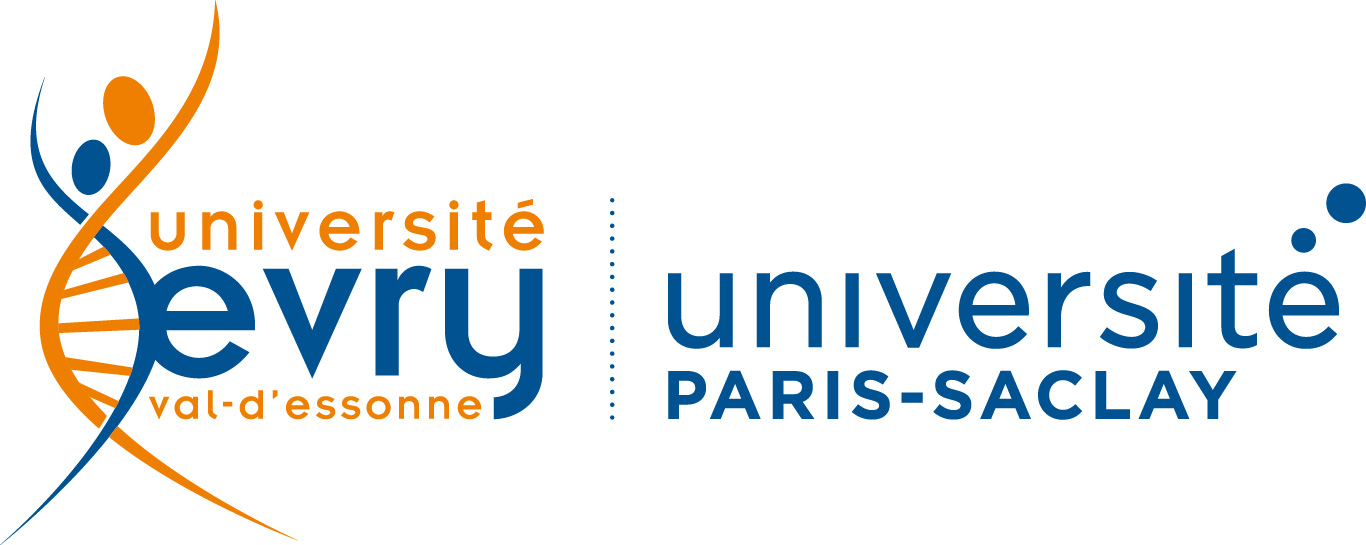Long-term correction of ornithine transcarbamylase deficiency in Spf-Ash mice with a translationally optimized AAV vector
Résumé
Ornithine transcarbamylase deficiency (OTCD) is an X-linkedliver disorder caused by partial or total loss of OTC enzymeactivity. It is characterized by elevated plasma ammonia, leadingto neurological impairments, coma, and death in the most severecases. OTCD is managed by combining dietary restrictions, essen-tial amino acids, and ammonia scavengers. However, to date, livertransplantation provides thebest therapeutic outcome. AAV-mediated gene-replacement therapy represents a promising cura-tive strategy. Here, we generated an AAV2/8 vector expressing acodon-optimized humanOTCcDNA by thea1-AATliver-specificpromoter. Unlike standard codon-optimization approaches, weperformed multiple codon-optimization rounds via common al-gorithms and ortholog sequence analysis that significantlyimproved mRNA translatability and therapeutic efficacy.AAV8-hOTC-CO (codon optimized) vector injection into adultOTCSpf-Ashmice (5.0E11 vg/kg) mediated long-term completecorrection of the phenotype. Adeno-Associated viral (AAV) vec-tor treatment restored the physiological ammonia detoxificationliver function, as indicated by urinary orotic acid normalizationand by conferring full protection against an ammonia challenge.Removal of liver-specific transcription factor binding sites fromthe AAV backbone did not affect gene expression levels, with a po-tential improvement in safety. These results demonstrate thatAAV8-hOTC-CO gene transfer is safe and results in sustainedcorrection of OTCD in mice, supporting the translation of thisapproach to the clinic.
Domaines
Physique [physics]
Origine : Publication financée par une institution





